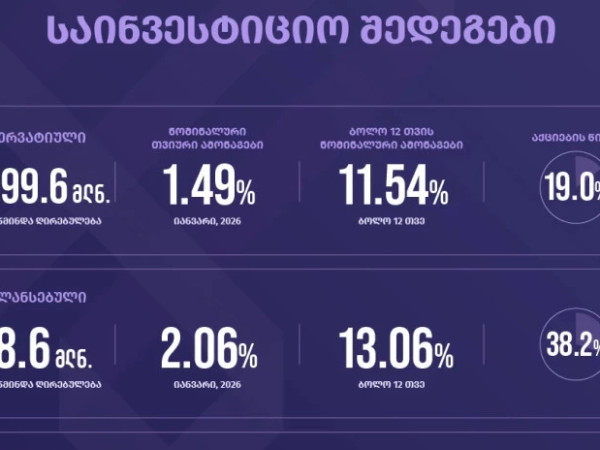On Thursday, the 10th of October, the Saeima passed in the final reading amendments to the Law on Education meant to ban the use of mobile phones in classes until 6th grade. One exception applies – if use of mobile phones is somehow required in the teaching process.
Latvian education institutions are required to establish conditions and rules under which devices are allowed to be used in the teaching process. The deadline for development of rules is the 31st of May 2025.
This proposal was submitted by opposition deputy Česlavs Batņa. It was supported by multiple Saeima faction, as well as Latvian Trade Union of Education and Science Workers and Latvian Association of Education Leaders. For Stability was the only Saeima faction that voted against legislative amendments.
The latest UNESCO Global Education Monitoring Report, “Technology in Education,” urges countries to set their own conditions for how technology is developed and used in education so that it does not replace personal, teacher-led teaching and learning.
Holland, Greece and Italy have already banned the use of mobile phones during lessons. Germany is in the middle of talks about this issue.
Authors of the report invite countries to consider if technologies fit the goals of education and their use provides all with equal opportunities. The report mentions there is little proof to added value of technologies in education, because technologies develop more quickly than it is possible to assess.
Although the availability and universal design of technology has expanded the opportunities for people with disabilities, such as people suffering from impairment of vision, the report assesses access to technology as unequal, with only 40% of primary schools, 50% of primary schools and 65% of secondary schools connected to the internet globally.
The report also highlights that teachers often feel unprepared and lack confidence in the use of technology in their teaching, but only half of the countries have standards for the development of teachers’ information and communication technology skills. It also draws attention to the lack of regulation and control of quality and variety. It is also mentioned that the acquisition of technology does not take into account the long-term impact on the state budget, children’s well-being and the planet.




















